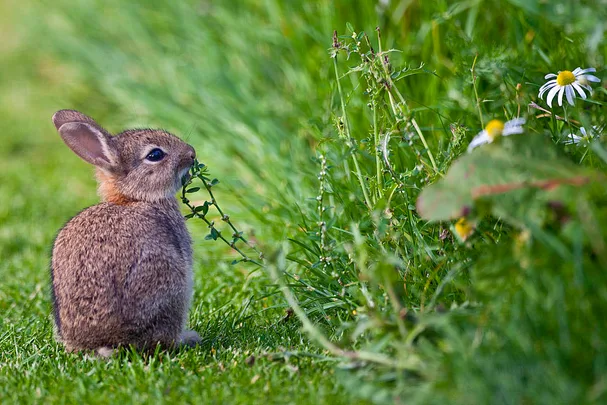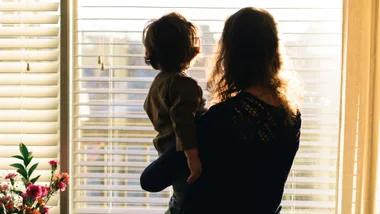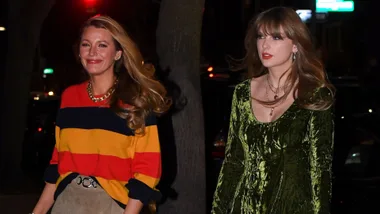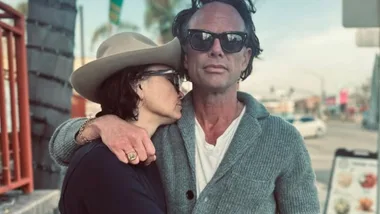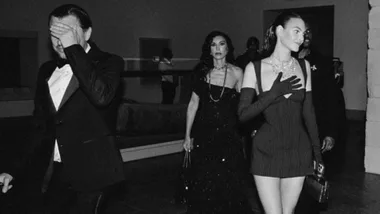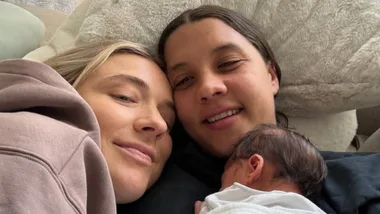Australia is set to ban new cosmetics that have been tested on animals, a move that’s been long awaited by ethical shoppers, animal rights campaigners and adorable fluffy bunny rabbits everywhere.
But despite widespread support for the bill, which was put before the House of Representatives last week, there’s fear that it hasn’t gone far enough and manufacturers will be able to game the system.
After July 2018, it will be illegal to use animals to test industrial chemicals that are used in cosmetics, and cosmetics only. This means that any new products—from sunscreen to eyeshadows—containing these ingredients will be banned. Whether they’re made in Australia or overseas, they won’t appear on our shelves, but this won’t apply to cosmetics using animal-tested ingredients that are already on the market; they will still be available.
“We accept there’s been a lot in the past that we can’t undo, so this is about looking to the future. It’s great progress and we’re really pleased but we have some concerns that the ban isn’t watertight and will be talking to senators about amendments to ensure that cosmetic ingredients newly tested on animals will not be able to enter the Australian market place through loopholes,” Nicola Beynon, head of campaigns for the Humane Society International Australia told marie Claire.
“The ban only applies to ingredients that are solely for use in cosmetics, not for chemicals that are also used in other products, like washing powder. The government allows animal testing for these, so animal-tested ingredients that are used in cosmetics and other products will get through.”
This is an important departure from existing bans in the European Union, Norway, Switzerland, Israel, and India, which have all banned the use of newly animal-tested ingredients when introducing or marketing cosmetics.
It’s estimated that between 100,000 and 200,000 animals are used for cosmetic testing each year. Rabbits, guinea pigs and mice are the most common animals used to test cosmetics, with chemicals dripped into their eyes, spread onto their shaved skin or force fed to them. A Roy Morgan survey from earlier this year found that 46 per cent of Australian women consider “not tested on animals” as an important feature when choosing their cosmetic products.
Writing for theconversation.com, Clive Phillips, Professor of Animal Welfare at The University of Queensland, pointed out that there have been major advances in alternative testing methods. “As well as clinical studies and skin tests, we can, for example, use hen’s eggs to test if a product is likely to irritate human eyes. In future differentiated stem cells may be used as well,” he wrote. “The proposed bill will save animals from the suffering often associated with testing… Once this ban passes, it will be noted internationally. This, together with the increasing number of other countries banning all animal testing of cosmetics, suggests an international accord could be possible… Eventually, it is clear, cosmetics will not be tested on animals anywhere in the world. Australia’s new regulations will be a small but valuable step towards this future.”
More than 500 beauty brands are currently certified cruelty-free globally. To find out which ones while you’re browsing the shelf, there’s an official Choose Cruelty free app that helps you vote with your wallet.
